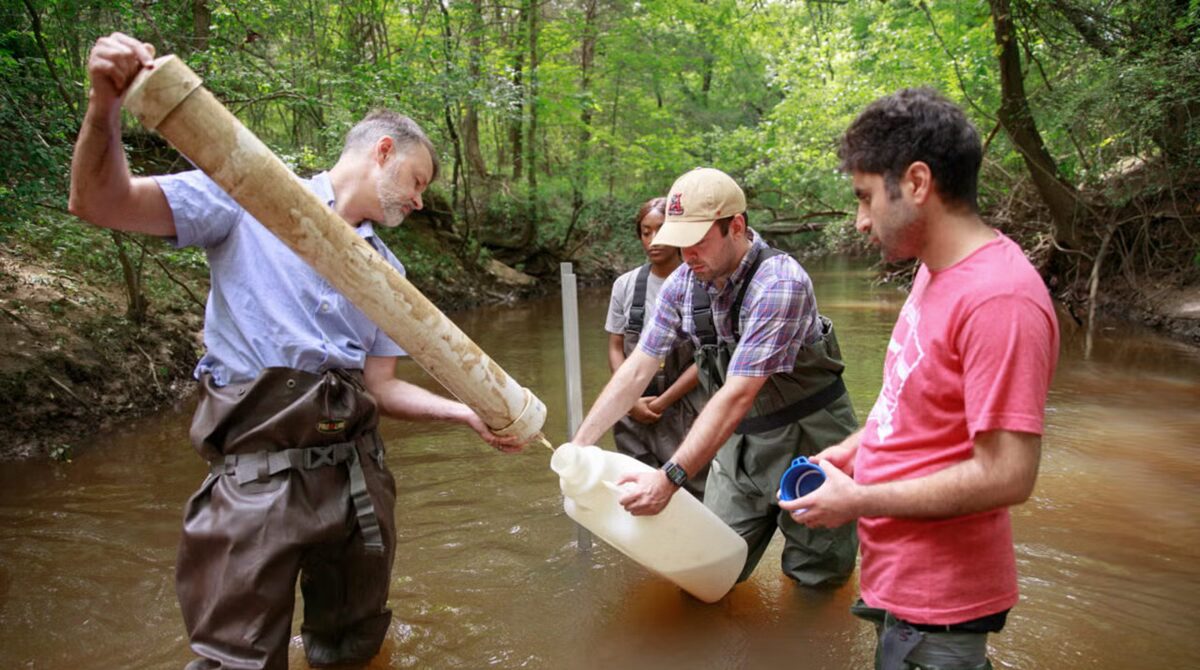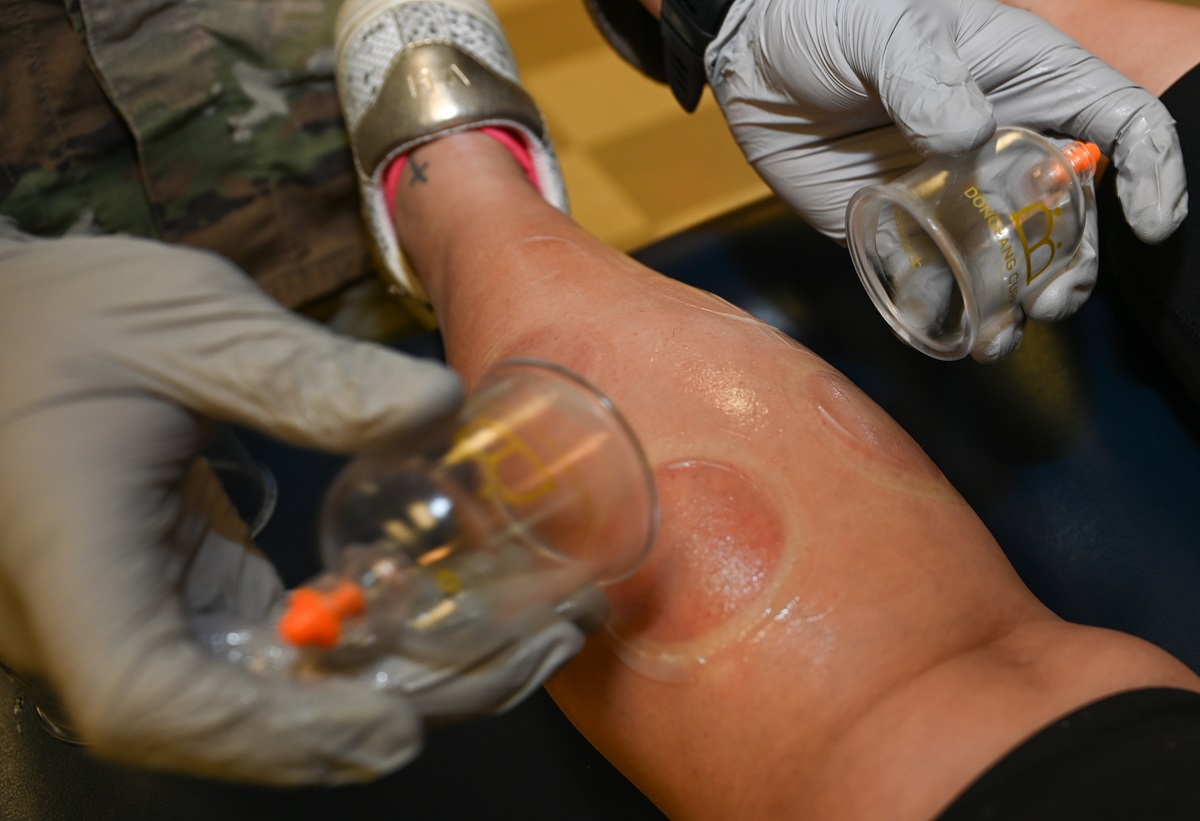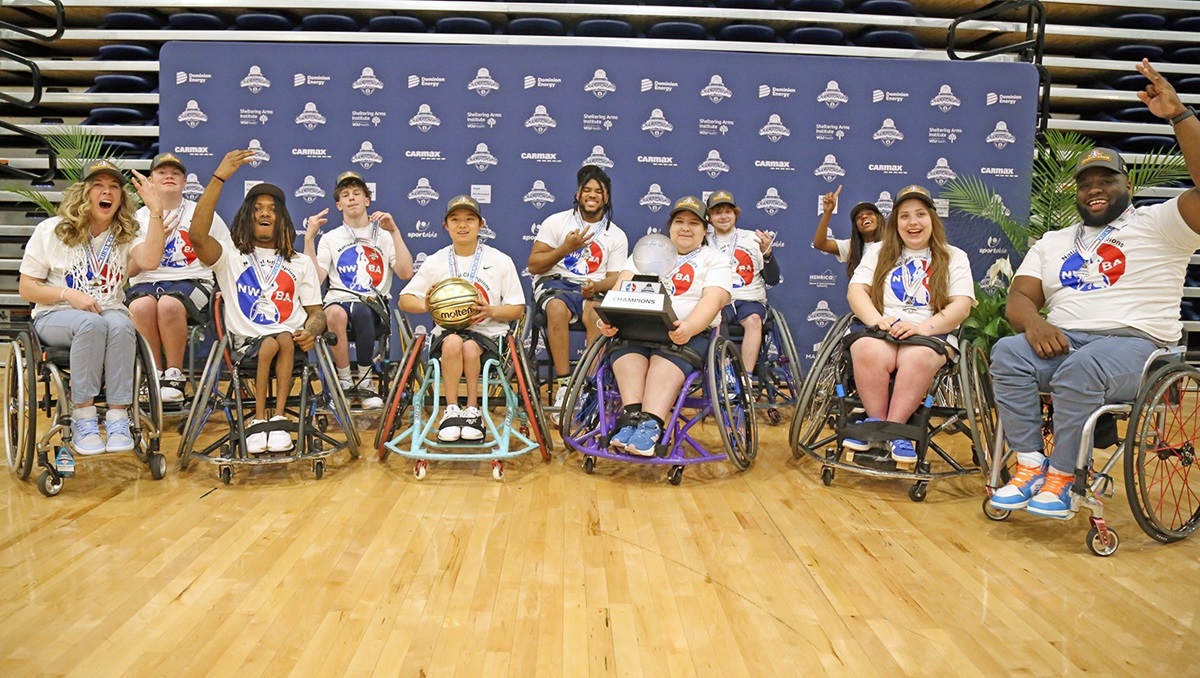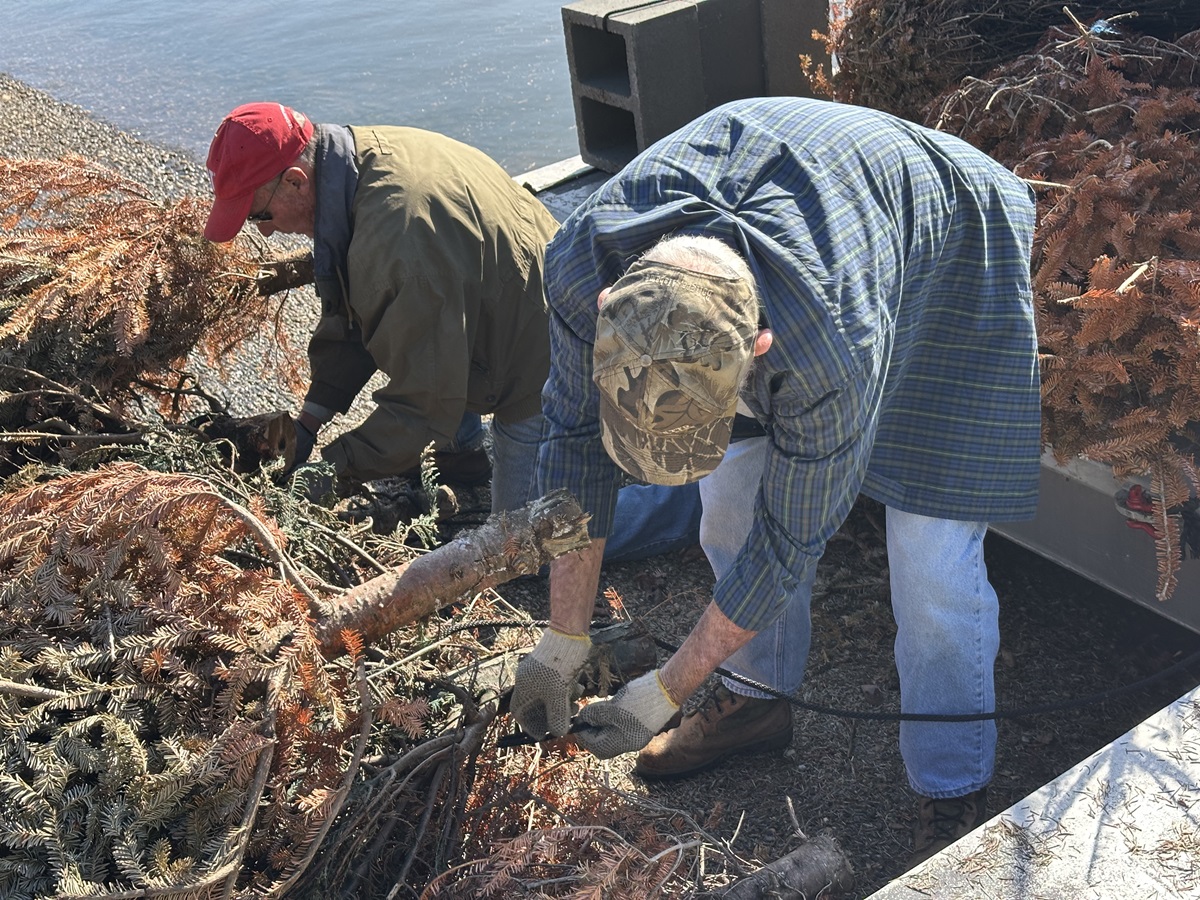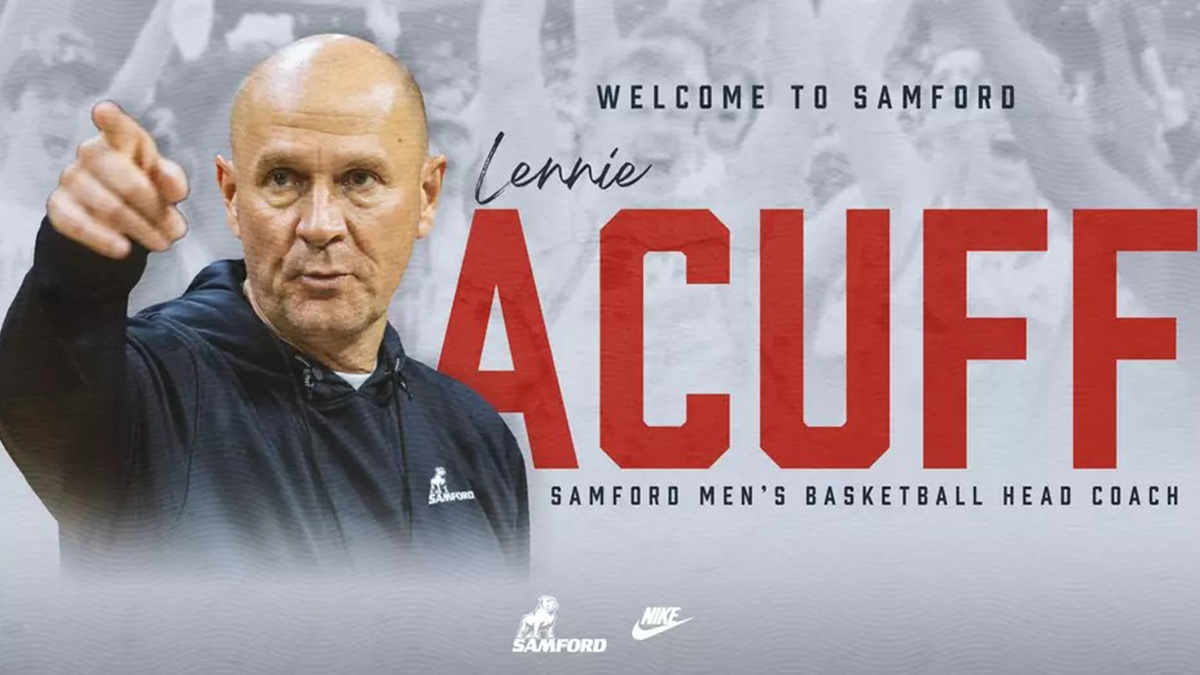The story behind Alabama-based KultureCity and its far-reaching inclusive mission

KultureCity partners with top-tier agencies like the NFL, NHL and NBA and more than 1,800 organizations across the country to teach sensory accessibility and acceptance. (KultureCity)
A boy fidgets in his seat and bangs on the restaurant table as other diners stare disapprovingly.
His parents try to calm him. With an autistic child, though, the threat of punishment when you get home won’t work.
Birmingham pediatric critical care doctor and professor Michele Kong grew so frustrated by similar experiences that her family quit eating out.
Then their autistic son’s younger brother wanted to know why they couldn’t do things like other families. Good question, his parents agreed.
In response, Kong and her husband started KultureCity, a nationwide model on interacting with people with sensory challenges caused by autism, PTSD, dementia, stroke, Parkinson’s and other conditions.
Now, 10 years later, they partner with top-tier agencies like the NFL, NHL and NBA and more than 1,800 organizations across the country to teach sensory accessibility and acceptance.
The Harry Potter exhibition in New York asked for KultureCity training. Danish brand Lego is making all stores in the U.S. and Canada sensory certified through KultureCity. Philadelphia was the program’s first approved Sensory Inclusive City.
“We’ve got more than 3,000 unique partners,” Kong said. “We’re in 24 countries right now.”
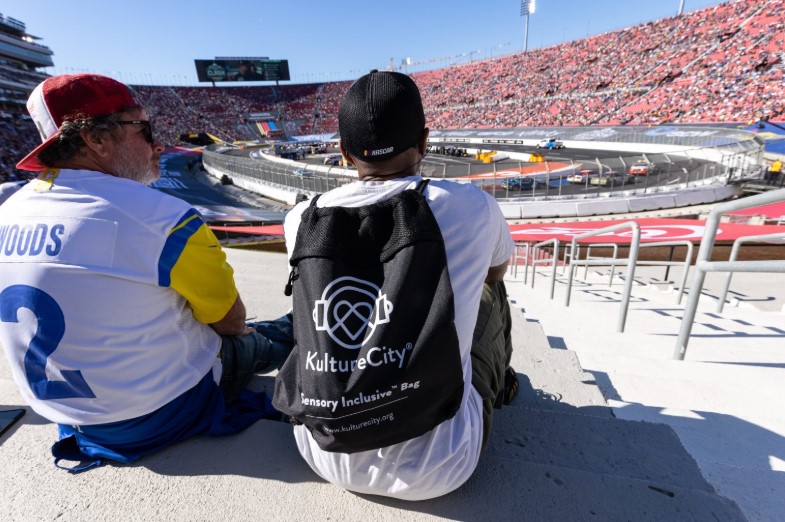
A KultureCity Sensory Inclusive Bag at a NASCAR event. (KultureCity)
The need for such education is greater than people think. One in four individuals has a sensory processing challenge. Triggers include loud sounds, crowds, bright lights, even smells.
In their personal journey with an autistic son, Kong said, “we realized that inclusion and accessibility for individuals and their families who have different social, communication and sensory barriers is a big problem.”
Kong founded the Birmingham-based nonprofit with her husband, emergency room physician Julian Maha.
“Our mission for KultureCity is targeting accessibility and inclusion for individuals with an invisible disability,” Kong said.
Their son loved basketball games, but “it was really hard for him because the lights were bright, the sounds were really overwhelming,” she said.
“People are staring and looking,” she said. “It’s just really difficult when they don’t understand you and you feel like you don’t belong.”
They train churches, schools, restaurants and venues on “awareness of invisible disability.”
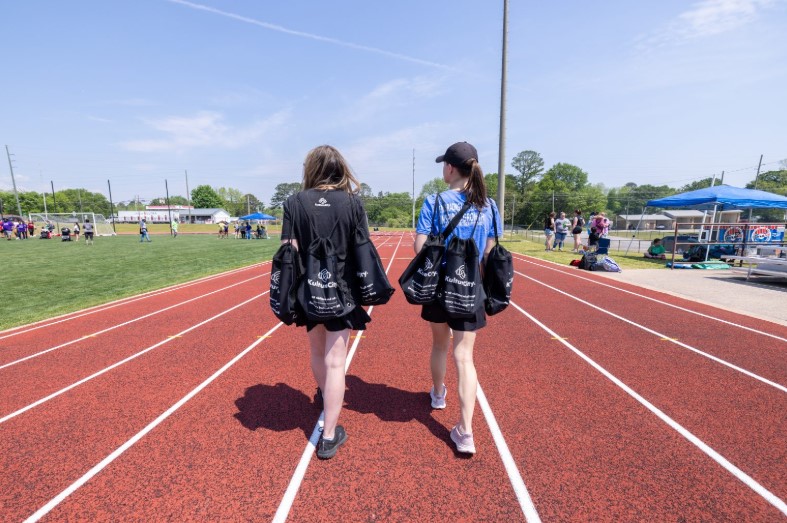
KultureCity has become a nationwide model on interacting with people with sensory challenges caused by conditions such as autism, PTSD, dementia, stroke and Parkinson’s. (KultureCity)
The program’s goal is to make people understand that if a child is having a difficult time, it may not be “because the kid was ill-disciplined,” Kong said. It could be “because the kid was overwhelmed.”
Their first training event was Birmingham’s Boo at the Zoo, where children ride trains and trick-or-treat.
“Birmingham Zoo proudly served as KultureCity’s inaugural partner on their mission to make the world more accessible for those with sensory sensitivity,” said Tiffaney McClendon, the zoo’s director of learning and inclusion.
The zoo and KultureCity are in their seventh year as partners.
“Team members have learned to be more mindful of individuals with specific sensory needs and other invisible disabilities,” McClendon said.
The founding doctors published a scientific paper on the zoo training experience and have done many more since.
Orion Amphitheater in Huntsville offers KultureCity training to its front-facing employees. They learn to look for signs that concertgoers might be overwhelmed and how to interact sensitively.
Organizations pay a small fee to offset costs and help the program grow. Materials include sensory bags with noise-reducing headphones, “fidget tools” with marbles, noodles or mesh, strobe-reduction glasses, visual cue cards and weighted lap pads. A mobile sensory activation vehicle can take a sensory room on location.
KultureCity has a 24-member board composed of mostly neurodivergent individuals, plus 12 team members and volunteers.
This story was previously published by This is Alabama. Want to read more good news about Alabama? Sign up for the This is Alabama newsletter here.
